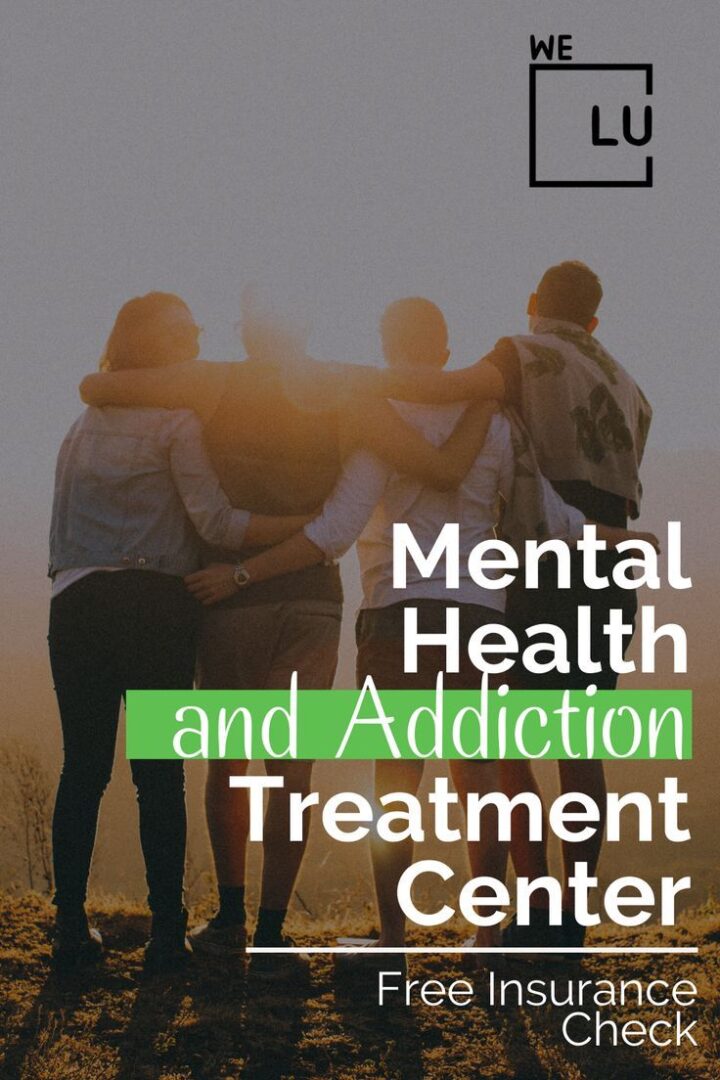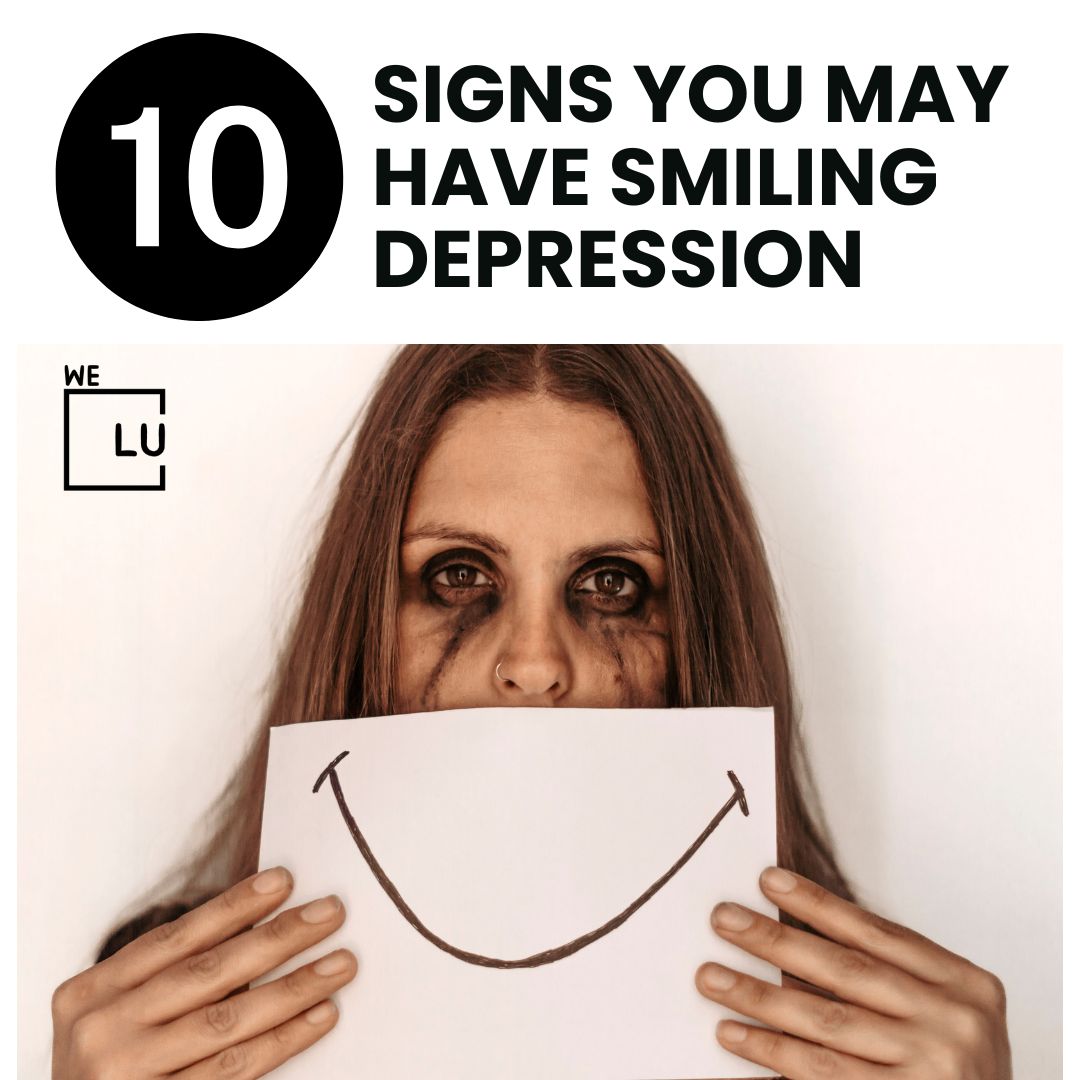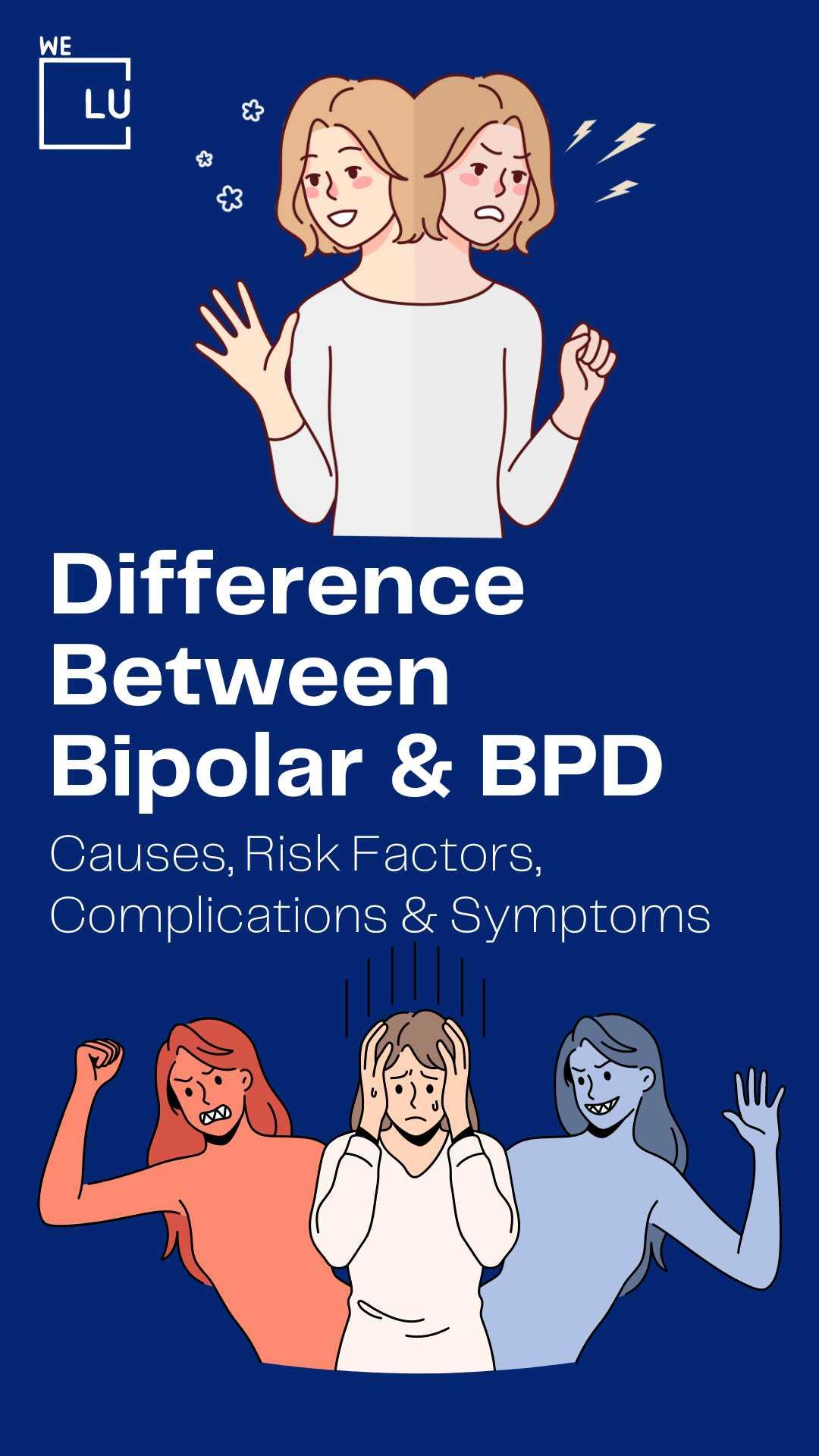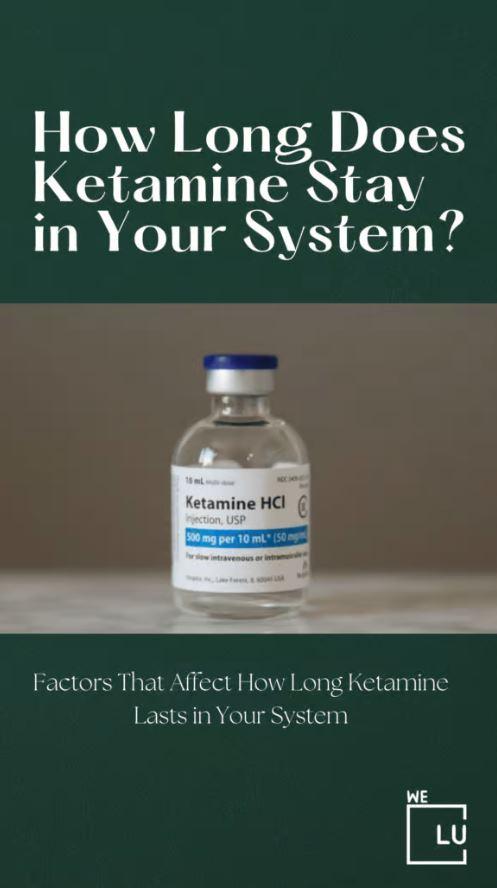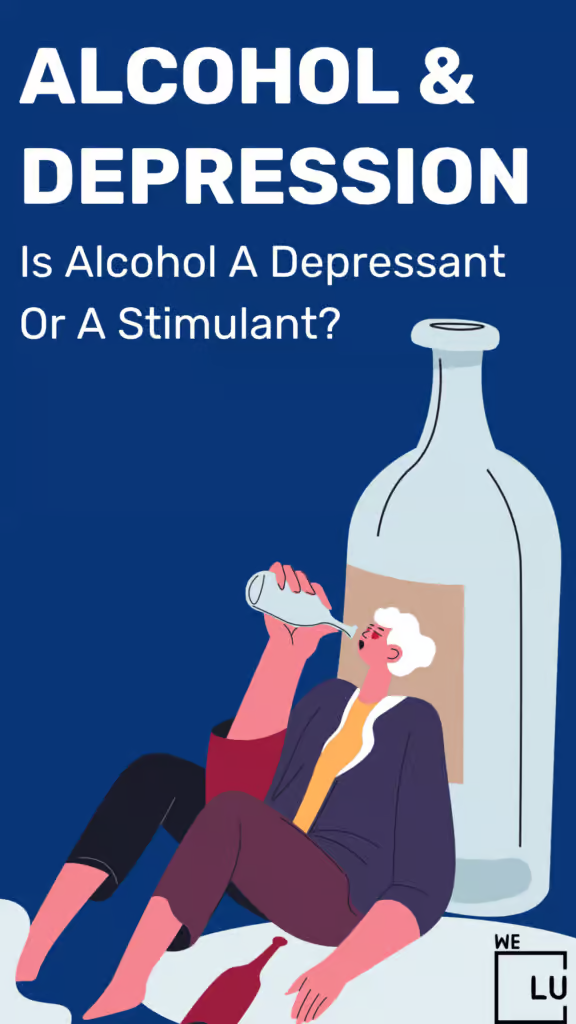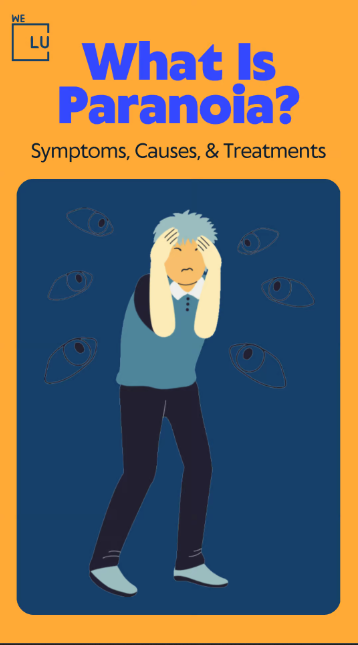What Is Depression?
Depression (also called clinical depression or major depressive disorder) is a common but serious mood disorder. The typical features of all depressive disorders are sadness, emptiness, or irritable mood, accompanied by somatic and cognitive changes that significantly affect the individual’s capacity to function. Because of false perceptions, nearly 60% of people with depression do not seek medical help [1]. Many feel that the stigma of a mental health disorder is not acceptable in society and may hinder both personal and professional life. Inpatient depression treatment is the most effective depression treatment available. Inpatient depression treatment centers often can offer therapeutic options that depression hospitals cannot.
Depression is tough to explain to someone without personal experience with it. It is an ineffable state of being that can’t be adequately described. Like other phenomenological experiences that defy description, depression, too, cannot be put into words. When someone is depressed, his or her mind and body are in a state of tremendous imbalance. Brain physiology is altered, stress hormones are constantly surging, and almost all bodily systems are affected. This is why the symptoms of depression usually disrupt a person’s regular rhythms of mind and body.
Types of Inpatient Treatment Centers For Depression
Most inpatient depression treatment programs will use a combination of medication and psychotherapy to help overcome depression. Inpatient depression treatment facilities are staffed by a team of professionals that usually includes nurses, therapists, and more, as well as the support staff that keeps the depression treatment facilities running smoothly.
Depression Hospital
You might hear someone refer to a “depression hospital”. Technically, there isn’t a hospital exclusively dedicated to depression; however, depression is common in individuals who go to inpatient mental health hospitals. An inpatient depression hospital’s purpose is to help people in crisis or who are undergoing a significant change in medication and must be monitored full-time for a while. A crisis can occur when depression symptoms become so severe that you are:
- Unable to care for yourself or loved ones (particularly children)
- Thinking often about death and suicide
- Experiencing psychosis (like hallucinations or delusions)
- Having thoughts of harming yourself or others
Depression hospitals provide intensive and immediate care for someone in crisis. Their objective is to stabilize that person so they can resume treatment out of the hospital. People commonly stay in such a hospital for about four or five days.
Residential Treatment For Depression
Most residential treatment centers are for substance abuse, There are also dual diagnosis treatment centers that provide inpatient treatment programs for depression and substance abuse comorbidity. However, there are some whose purpose is to provide depression treatment. Inpatient severe depression treatment centers are characterized by staffing for round-the-clock care and service, a comfortable home-like environment, serene and natural surroundings, and minimal stressors. This is designed to allow people to reset and deeply benefit from the help and support provided.
Residential treatment for depression or inpatient depression treatment can be the most comfortable way to recover peacefully, adjust and assess your medication regimen as needed, and receive the benefits of intensive one-on-one therapy, group sessions, and holistic healing in a private, home-like environment. Residential treatment for depression can be especially beneficial for those with severe symptoms of major depressive disorder (MDD), including those who may have considered self-harm or for whom prior treatment has not been effective.
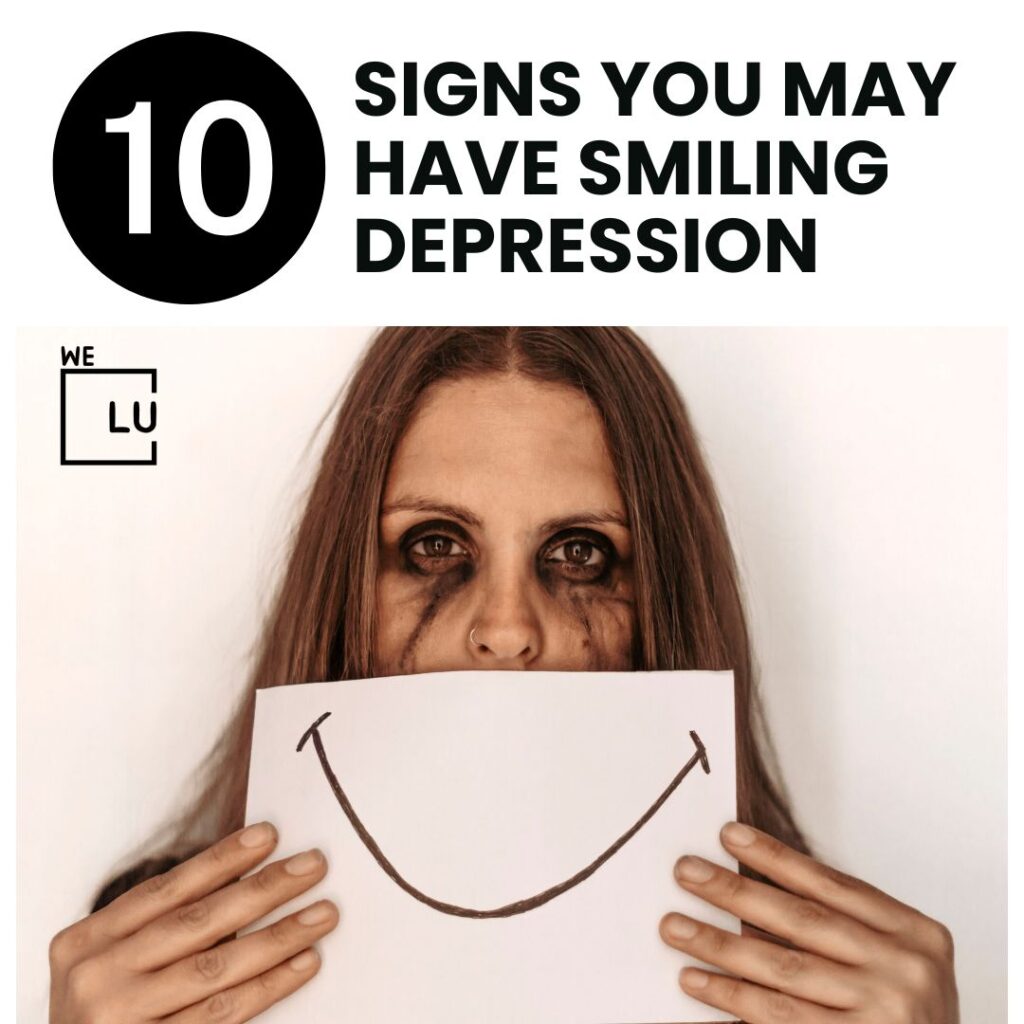
Skip To:
Learn More:
- 101 Depression Quotes to Help You Feel Less Alone. Depressing Quotes.
- How Long Does Postpartum Depression Last?
- Postpartum Depression Symptoms & Causes
- How Alcohol and Depression are Linked? Abuse Signs & Causes
- Bipolar Depression Symptoms, Causes, Effects, and Treatment
- 10 Signs You May Have Smiling Depression
- Depression Treatment, Understanding the Symptoms & Causes
- High Functioning Depression, Dual Diagnosis Treatment in TX
- Mental Health Assessment for Mental Illness Treatment
- Mental Health Treatment. Warning Signs, Types of Treatment, Therapies, Medications & How To Get Help.
Get Help. Get Better. Get Your Life Back.
Searching for Accredited Drug and Alcohol Rehab Centers Near You? We Level Up Texas Is Opening Soon!
Even if you have failed previously and relapsed, or are in the middle of a difficult crisis, we stand ready to support you. Our trusted behavioral health specialists will not give up on you. When you feel ready or just want someone to speak to about therapy alternatives to change your life call us. Even if we cannot assist you, we will lead you to wherever you can get support. There is no obligation. Call our network hotline today.
FREE Addiction Hotline – Call 24/7The inpatient depression treatment programs offer healing activities such as:
- Therapy (individual, group, and sometimes family)
- Eye movement desensitization and reprocessing (a therapy that helps people recover mental health that was suppressed by past experiences)
- Equine therapy (working closely with horses can help with depression)
- Art and other creative therapies
- Yoga
- Guided meditation
- Acupuncture
- Adventure therapy (activities in nature designed to promote healing)
- Exercise
- Nutrition


Get Your Life Back
Find Hope & Recovery. Get Safe Comfortable Detox, Addiction Rehab & Dual Diagnosis High-Quality Care.
FREE Addiction Hotline – Call 24/7Types of Inpatient Treatment Depression Programs
Inpatient depression treatment is the most involved form of care. It is suitable for individuals experiencing extreme psychological distress or mental health challenges. For example, they may be reporting suicidal thoughts or have symptoms of psychosis.
Individuals can voluntarily seek help at an inpatient depression treatment center, or their doctor or a member of their support system can request care for them. Usually, a person will stay at a depression hospital or an inpatient depression treatment center for a few days to weeks. In some cases, they may need inpatient treatment for months.
Individual Therapy for Depression
Individual therapy can be an ideal alternative to group therapy for people who feel that it is an intimidating environment. Group sessions often involve sitting in a room with other people, making it challenging for depression. In addition, individuals may think they are more comfortable engaging in individual therapy because they know the therapist and can be more open about their personal and emotional issues.
Sometimes, people burdened by depression find it challenging to engage in therapy as they may feel that their session is less important than the others. Individual sessions can help the person feel more engaged and invested in their treatment. It is also beneficial because individuals who have difficulty interacting with others often find individual therapy less intimidating and easier to access.
Group Therapy for Depression Treatment Inpatient
Therapy for depression can either be individual or in group. In individual therapy, a patient gets undivided attention from the therapist in one-to-one sessions and, thus, feels comfortable sharing personal information with the therapist, which can help tremendously in the treatment. Group therapy, on the other hand, can prepare a patient to handle his condition by learning from the experiences of others in similar circumstances.
According to the research conducted by National Center for Biotechnology (NCBI) [2], forty-five of the 48 studies concluded that group psychotherapy was effective. In addition, forty-three of the 46 studies presenting adequate data found that group therapy significantly reduced depression. Group psychotherapy can be very effective for individuals with depression, particularly those people who are having difficulties with relationships with others.
Dual Diagnosis Depression
Dual diagnosis indicates the concurrent presence of mental health problems and a substance abuse disorder. Comorbidity between substance use disorders (SUD) and major depression (MD) is the most common dual pathology in the field of addiction to substances and has prevalence rates ranging between 12% and 80%, which complicates the response to treatment and worsens the prognosis of patients.
In some cases, the mental health issue was present initially when the individual first began to use drugs or alcohol. They may have abused substances to manage the symptoms of mental health problems like depression. In other cases, the use of drugs or alcohol has triggered depression. Untangling the cause and effect of these problems is often difficult. Dual diagnosis treatment works to separate the issues of substance abuse and mental health, treating each separately and then integrating them into a comprehensive treatment program in a depression inpatient treatment center.
Medications For Depression
The initial treatment of depression may include medications or/and psychotherapy. Combination treatment, including both medications and psychotherapy, is more effective than either of these treatments alone.
FDA-approved medications for the treatment of MDD are as follows: All antidepressants are equally effective but differ in side-effect profiles.
- Selective serotonin reuptake inhibitors (SSRIs) include fluoxetine, sertraline, citalopram, escitalopram, paroxetine, and fluvoxamine. They are usually the first line of treatment and the most widely prescribed antidepressants.
- Serotonin-norepinephrine reuptake inhibitors (SNRIs) include venlafaxine, duloxetine, desvenlafaxine, levomilnacipran, and milnacipran. They are often used for depressed patients with comorbid pain disorders.
- Serotonin modulators are trazodone, vilazodone, and vortioxetine.
- Atypical antidepressants include bupropion and mirtazapine. They are often prescribed as monotherapy or as augmenting agents when patients develop sexual side effects due to SSRIs or SNRIs.
- Tricyclic antidepressants (TCAs) are amitriptyline, imipramine, clomipramine, doxepin, nortriptyline, and desipramine.
- Monoamine oxidase inhibitors (MAOIs) are tranylcypromine, phenelzine, selegiline, and isocarboxazid. MAOIs and TCAs are not commonly used due to the high incidence of side effects and lethality in overdose.
- Other medications include mood-stabilizers, antipsychotics which may be added to enhance antidepressant effects.

Opening Soon! First-Class Facilities & Amenities
World-Class High-Quality Addiction & Mental Health Rehabilitation Treatment
Coming Soon! Rehab Centers TourRenowned Addiction Centers. Serene Private Facilities. Inpatient Rehab Programs Vary.
FREE Addiction Hotline – Call 24/7Proven recovery success experience, backed by a Team with History of:
- 15+ Years Experience
- 100s of 5-Star Reviews
- 10K+ Recovery Successes
- Low Patient to Therapist Ratio
- Onsite Medical Detox Center
- Comprehensive Dual-Diagnosis Treatment
- Complimentary Family & Alumni Programs
- Coaching, Recovery & Personal Development Events
CBT for Depression
Cognitive Behavioral Therapy (CBT) for depression focuses on addressing negative thought patterns and the behaviors that contribute to depression so that you can replace them with more positive ones. CBT not only helps relieve depression symptoms but it can also be effective in preventing depression relapse. Some people with mild-to-moderate depression may feel better just with cognitive behavioral therapy, but others may benefit from trying cognitive therapy in combination with antidepressants.
CBT uses a combination of cognitive and behavioral approaches to reduce depression. For example, therapists may challenge depressive thinking patterns that lead to inaction or self-harming behaviors. CBT aims to change someone’s feelings by targeting both thoughts and actions, as CBT posits that each can influence the other.
A common cognitive distortion among those with depression is “mind reading,” where you believe you know what others are thinking. By challenging this and other depressive thoughts, you can build a healthier pattern of thinking and self-talk.
Depression Counseling Near
Depression counseling is often recommended as a combination treatment plan. Talking therapy can help you identify, address and manage negative, self-defeating thoughts that may affect the way you behave with depression. On its own, it may not be enough to treat severe depression. But it can play an important role when used with other treatments, including medications.
Family counseling treats the entire family — because it’s not only the person with the diagnosis who is affected by depression. If you’re depressed, your family feels it, too. And unfortunately, although family members may have the best of intentions, without professional guidance, they sometimes make things worse.
Group counseling sessions give you a chance to meet other people who are going through the same things you are. You can share experiences and strategies. The give-and-take is often a good way to learn new ways to think about your illness.
Opening Soon! World-class, Accredited, Anticipated 5-Star Reviewed, Effective Addiction & Mental Health Programs. Complete Behavioral Health Inpatient Rehab, Detox plus Co-occuring Disorders Therapy.
FREE Addiction Hotline – Call 24/7End the Addiction Pain. End the Emotional Rollercoaster. Get Your Life Back. Start Drug, Alcohol & Dual Diagnosis Mental Health Treatment Now. Get Free No-obligation Guidance by Substance Abuse Specialists Who Understand Addiction & Mental Health Recovery & Know How to Help.
Why Inpatient Depression Treatment Centers?
If a person has persistent and severe depression, a doctor may recommend treatment at an inpatient depression treatment center. For an individual with severe depression, inpatient depression treatment facilities provide a safe and secure environment to begin or continue their recovery. Inpatient depression treatment means a person stays at the facility for the duration of their treatment. This gives them access to 24-hour support and attention from a team of mental health professionals.
How Does Therapy Help in the Treatment of Depression?
Licensed psychologists are highly trained mental health professionals with experience in helping patients recover from depression. Several different approaches to psychotherapy have been shown to help individuals recover from depression, especially those with mild to moderate depression. Psychotherapy can help people with depression to:
- Pinpoint life events that contribute to their depression and help them find ways to change, accept or adapt to those situations.
- Set realistic goals for the future.
- Identify distorted thought processes or unhelpful behaviors that contribute to feelings of hopelessness and helplessness.
- Develop skills to cope with symptoms and problems, and identify or prevent future episodes of depression.
What is Inpatient Depression Treatment Like?
Depression, severe depression, and high-functioning-depression are a few mental health disorders that inpatient depression treatment centers are designed around. There is a wide range of compassionate specialists and individualized, and evidence-based inpatient depression treatment options for you try on the way to your individual care plan.
Because you are in a peaceful, welcoming setting, removed from life’s usual stressors and triggers, you can focus fully on your treatment opportunities. There are often deeper truths hidden among the layers of depression, and in a residential treatment setting, you have the time and the sympathetic guidance necessary to start healing these deep parts of yourself.
How Long is Inpatient Treatment for Depression?
How long will you be in inpatient depression treatment center? The optimal length-of-stay suggestions are based on a thorough assessment of your requirements. Certain programs are designed to last a specific amount of time—say, 30 or 90 days—but there is no one-size-fits-all answer for how long residential treatment should endure. A “normal” stay, as depicted in films is usually around a month long.
Start a New Life
Begin with a free call to an addiction & behavioral health treatment advisor. Learn more about our dual-diagnosis programs. The We Level Up treatment center network delivers recovery programs that vary by each treatment facility. Call to learn more.
- Personalized Care
- Caring Accountable Staff
- World-class Amenities
- Licensed & Accredited
- Renowned w/ 100s 5-Star Reviews
We’ll Call You
Inpatient Depression Treatment Near Me
Major depressive disorder (MDD) is often accompanied by substance abuse or dependence. The mental health field has long discussed whether these conditions are independently occurring disorders or are overlapping illnesses intertwined by common etiologic and vulnerability factors. The initial presentation of depression can be obscured by the overriding symptoms or side effects of a substance use disorder (SUD).
In the general population, the prevalence of a current substance use disorder in persons with Major depressive disorder (MDD) ranges from 8.5 to 21.4%, with a lifetime prevalence of comorbid SUDs ranging from 27 to 40% [6]. Co-occurring depression has an adverse effect on the course of SUDs. Current depression predicted poorer treatment response and higher rates of relapse.
People who suffer from depression can experience severe sadness that lasts weeks or even months at a time. It’s common for those battling mental illness to also struggle with substance abuse. Sometimes it can be difficult to determine which condition came first. People faced with prolonged periods of profound sadness may reach for drugs or alcohol to ease the pain, feelings, and other symptoms.
However, substance use can actually make depression symptoms more severe. Clinical depression alone increases the risk of accidental injury, suicide, and other forms of self-harm. Add in drugs or alcohol, and the threats to the person’s mental and physical health can be extreme.
To determine the most effective ways to treat depression and substance abuse comorbidity, it’s crucial to first get an accurate assessment of all the symptoms. When the symptoms have been evaluated by a mental health professional, it may be determined that another form of mental condition is present and needs a particular type of treatment.
Detox Treatment
The first step in treatment is medical detox. It will help you navigate the complicated withdrawal process but doesn’t address patterns of thought and behavior contributing to substance abuse. Various treatment approaches and settings can help provide the ongoing support necessary to maintain long-term sobriety after you complete detox.
Cravings are very common during detox and can be challenging to overcome. This often leads to relapse. Constant medical care provided during inpatient treatment and depression rehab help prevent relapse. Clinicians can provide necessary medication and medical expertise to lessen cravings and the emotional effects of alcohol withdrawals.
Psychotherapy
Several different modalities of psychotherapy have been used in the treatment of depression, including:
- Cognitive Behavioral Therapy (CBT) – is an effective treatment that involves changing both the patterns of negative thoughts and the behavioral routines that are affecting the daily life of the depressed person for various forms of depression.
- Dialectical Behavior Therapy – is a comprehensive mental health and substance abuse treatment program whose ultimate goal is to aid patients in their efforts to build a life worth living. The main goal of DBT is to help a person develop what is referred to as a “clear mind.”
- Person-Centered Therapy – is a strategy that allows and encourages clients to understand and resolve their concerns in a safe, supportive environment.
Dual Diagnosis Treatment and Depression Treatment
Drug abuse and mental health disorders often co-occur. In many cases, traumatic experiences can result in a mental health disorder and substance abuse. Dual diagnosis rehabilitation treats both of these issues together. The best approach for the treatment of dual diagnosis is an integrated system. This strategy treats both the substance abuse problem and the mental disorder simultaneously. Regardless of which diagnosis (mental health or substance abuse problem) came first, long-term recovery will depend mainly on the treatment for both disorders done by the same team or provider.
Medication-Assisted Treatments
Medication-Assisted Treatments (MAT) for substance use disorders and mental health disorders are commonly used in conjunction with one another. This includes the use of medications and other medical procedures. During your rehab, the staff from your treatment facility will help you identify what caused your addiction and teach you skills that will help you change your behavior patterns and challenge the negative thoughts that led to your addiction.
If you or a loved one are struggling with long-term drug abuse and a co-occurring mental health condition such as depression, contact one of our helpful treatment specialists today. We Level Up can provide information on dual diagnosis and medical detox programs that may fit your specific needs.

Sources:
[1] NCBI – https://www.ncbi.nlm.nih.gov/books/NBK68475/
[2] NCBI – https://pubmed.ncbi.nlm.nih.gov/16802418/
[3] Powerful Depression Treatment – 1st Class Treatment Center (welevelupfl.com)
